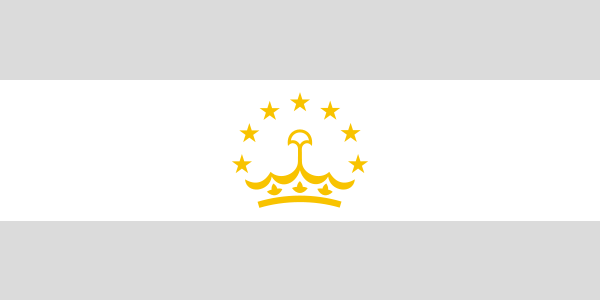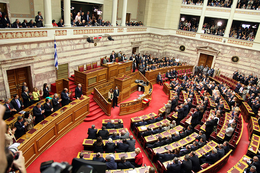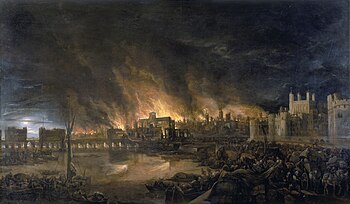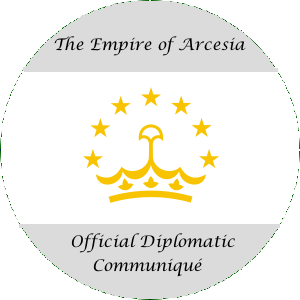Factbook of the Empire of Arcesia


Contents
Geography
-Area
-Comparative Area
-Length of Coastline
-Terrain & Climate
-Natural Resources
Government & Politics
-Country Name
-Government
-WA Classification
-Administrative Divisions
-Capital Cities
-Date of Founding
-Constitution
-Legal System
-Political Parties
-International Organization Participation
Economy
-Economic Structure
-Currency
-Exchange Rates
-GDP & GDP Per Capita
-Poverty Rate
-Unemployment Rate
-Tax Rate (flat tax)
-Government Budget
-Major Industries
-Energy
History
-
Military
-Branches
-Manpower
-Available Manpower
People & Population
-Total Population
-Life Expectancy at Birth
-Nationalities
-Ethnic Groups
-Religions
-Languages
-Literacy




JPG.jpg/320px-0_Botassart_-_Tombeau_du_G%C3%A9ant_(1)JPG.jpg)




















.svg/120px-Flag_of_the_Land_of_Valencia_(2x3_ratio).svg.png)


